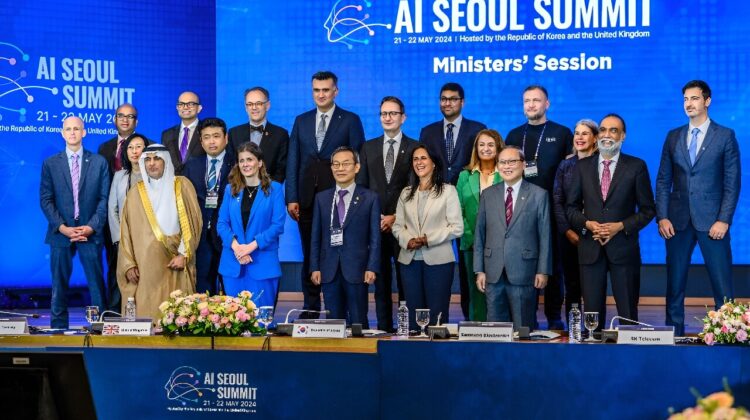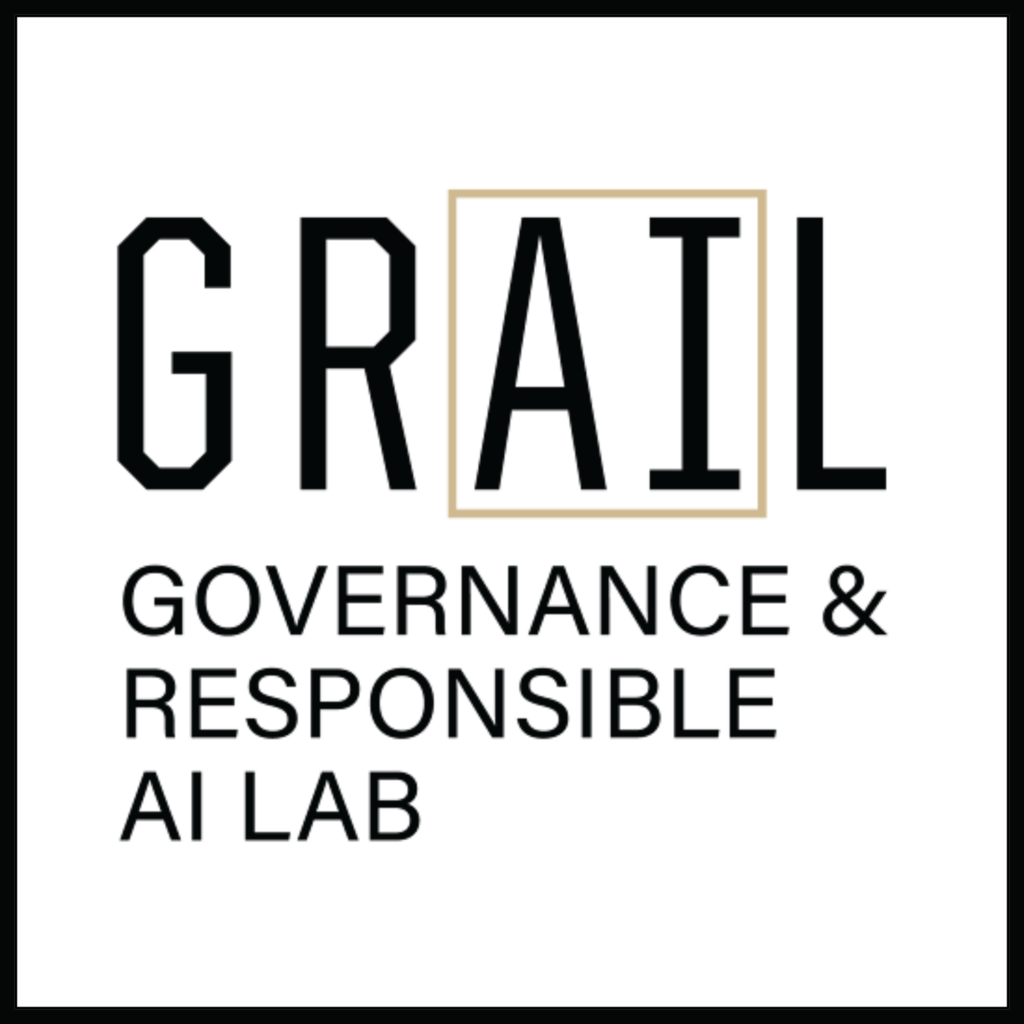

✍️ By Alexander Wilhelm.
Alexander is a PhD Student in Political Science and a Graduate Affiliate at the Governance and Responsible AI Lab (GRAIL), Purdue University.
📌 Editor’s Note: This article is part of our AI Policy Corner series, a collaboration between the Montreal AI Ethics Institute (MAIEI) and the Governance and Responsible AI Lab (GRAIL) at Purdue University. The series provides concise insights into critical AI policy developments from the local to international levels, helping our readers stay informed about the evolving landscape of AI governance.
Frontier AI Safety Commitments, AI Seoul Summit 2024
Discussions between governments, civil society, and companies on the ‘safe’ development of AI have advanced through collaborations such as the AI Safety Summit 2023 held in the UK and the AI Seoul Summit 2024. Led by the United Kingdom and the Republic of South Korea, the Seoul Summit resulted in a framework of commitments, known as the Frontier AI Safety Commitments, which 20 organizations, including Anthropic, Microsoft, NVIDIA, and OpenAI, have agreed to. These commitments required signatories to publish “a safety framework focused on severe risks” at the AI Summit in France in February 2025 (See The AI Ethics Brief #158 for more on the Paris AI Action Summit). However, rhetoric at the Paris Summit emphasized the benefits of AI rather than its potential harms and risks, raising questions about the future of the three goals outlined in the Frontier AI Safety Commitments.
Three outcomes of the Frontier AI Safety Commitments
Outcome 1: Organisations effectively identify, assess and manage risks when developing and deploying their frontier AI models and systems.
- Signatories to the Commitments agree to identify risks relevant to their frontier models, including risks detected by external entities and governments. Frontier models are defined within the Commitments as “highly capable general-purpose AI models or systems that can perform a wide variety of tasks and match or exceed the capabilities present in the most advanced models.” Multiple stakeholders are expected to collaboratively identify unacceptable levels of risk within frontier models, with justifications for the boundaries once they are set. Risk mitigation should then be planned to maintain the acceptable levels, with a commitment not to develop models that fail to meet these standards.
Outcome 2: Organisations are accountable for safely developing and deploying their frontier AI models and systems.
- Groups that voluntarily pledge to join the Frontier AI Safety Commitments must update their policies on an ongoing basis, extending the viability of the agreement as these technologies evolve.
Outcome 3: Organisations’ approaches to frontier AI safety are appropriately transparent to external actors, including governments.
- Signatories are expected to provide transparency to the public except when “doing so would increase risk or divulge sensitive commercial information to a degree disproportionate to the societal benefit.” The caveat, however, is that more details should be provided to “trusted actors,” such as a home government. Finally, external actors should be engaged in the assessment of risk, the organization’s internal plans to safely develop frontier AI models, and their follow through in implementing these plans.
Recent Developments in Frontier AI Governance
The Frontier AI Safety Commitments provide a framework to mitigate risks to safety, security, and transparency, while discussing governance strategies such as disclosure, evaluation, and performance requirements. While not all AI development organizations have signed the Frontier AI Safety Commitments, consensus on frontier AI standards is developing, as the Frontier AI Safety Commitments are reflected in China’s AI Safety Commitments.
Nonetheless, some experts remain concerned about the voluntary nature of these commitments. The Paris AI Summit’s focus on the promise and opportunity of AI instead of the risks latent in frontier models led to disappointment for some civil society groups. The voluntary commitments remain for the 20 signatories to the Frontier AI Safety Commitments, but the future of such standards is an open question as the focus of AI Summits shifts.
